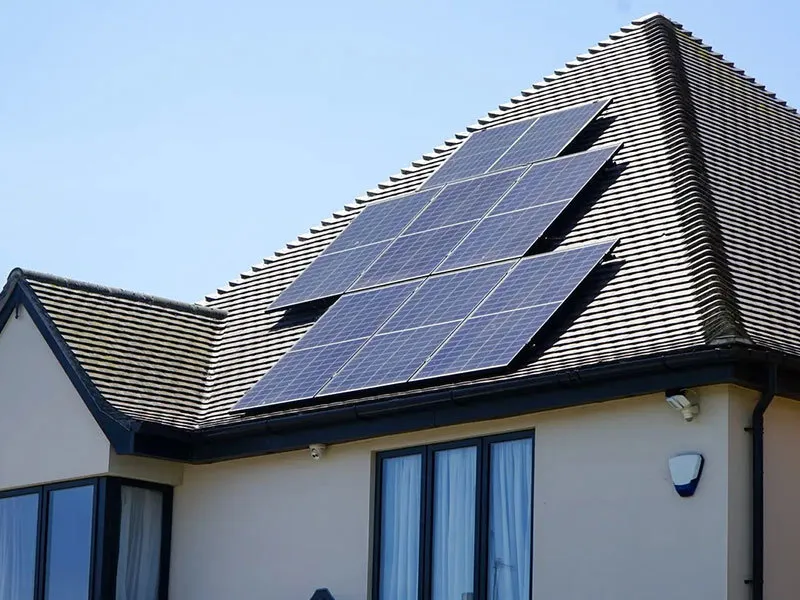Understanding the Costs Involved in Installing a 10kW Solar Panel System for Your Home
Understanding the Cost of a 10kW Solar Panel System
As the demand for renewable energy sources continues to rise, more homeowners and businesses are considering solar power as an alternative to traditional energy sources. Among various options available, a 10kW solar panel system has gained popularity for both residential and commercial use. However, understanding the cost associated with such a system is crucial for anyone thinking about transitioning to solar energy.
Firstly, it is essential to note that the overall cost of a 10kW solar panel system can vary significantly based on several factors, including location, the type of solar panels chosen, installation costs, and any available government incentives. On average, the cost of installing a 10kW solar panel system can range from $15,000 to $30,000 before any tax credits or rebates.
Understanding the Cost of a 10kW Solar Panel System
Installation costs can also significantly impact the overall expense. The cost of installation can vary based on the complexity of the installation process, which can be influenced by factors such as roof type, height, and accessibility. On average, installation can account for 10% to 20% of the total system cost. It's essential to hire a reputable solar contractor to ensure that the installation is performed correctly and efficiently, as improper installation can lead to performance issues and potential damage to the system.
10kw solar panel cost

In addition to the upfront costs, potential savings also play a vital role in considering the overall value of investing in a solar panel system. Many homeowners will see a reduction in their electricity bills, and with time, these savings can offset the initial investment. Furthermore, various federal and state incentives can dramatically reduce the overall cost. The Federal Investment Tax Credit (ITC) allows homeowners to deduct a significant percentage of their solar installation costs from their federal taxes. Various states also offer additional rebates, performance-based incentives, or sales tax exemptions, further reducing the net cost.
Moreover, financing options are available to make the transition to solar more manageable. Homeowners can consider solar loans, leases, or power purchase agreements (PPAs) to spread out the cost over time. These financing methods allow homeowners to enjoy immediate energy savings while paying for their system incrementally.
Finally, it’s crucial to view the purchase and installation of a solar panel system as an investment rather than an expense. The long-term benefits of solar energy include not only direct cost savings through reduced utility bills but also increased property value, energy independence, and a smaller carbon footprint. Studies have shown that homes with solar energy systems sell for more than those without, making it a wise investment for the long term.
In conclusion, while a 10kW solar panel system may represent a significant upfront cost, the long-term benefits, including cost savings and various incentives, make it a compelling option for many homeowners and businesses. By understanding the factors that influence the cost and considering financing options, consumers can make an informed decision that aligns with their financial goals and environmental values. As we move towards a more sustainable future, solar energy will undoubtedly play a pivotal role.
-
Unlocking Energy Freedom with the Off Grid Solar InverterNewsJun.06,2025
-
Unlock More Solar Power with a High-Efficiency Bifacial Solar PanelNewsJun.06,2025
-
Power Your Future with High-Efficiency Monocrystalline Solar PanelsNewsJun.06,2025
-
Next-Gen Solar Power Starts with Micro Solar InvertersNewsJun.06,2025
-
Harnessing Peak Efficiency with the On Grid Solar InverterNewsJun.06,2025
-
Discover Unmatched Efficiency with the Latest String Solar InverterNewsJun.06,2025







